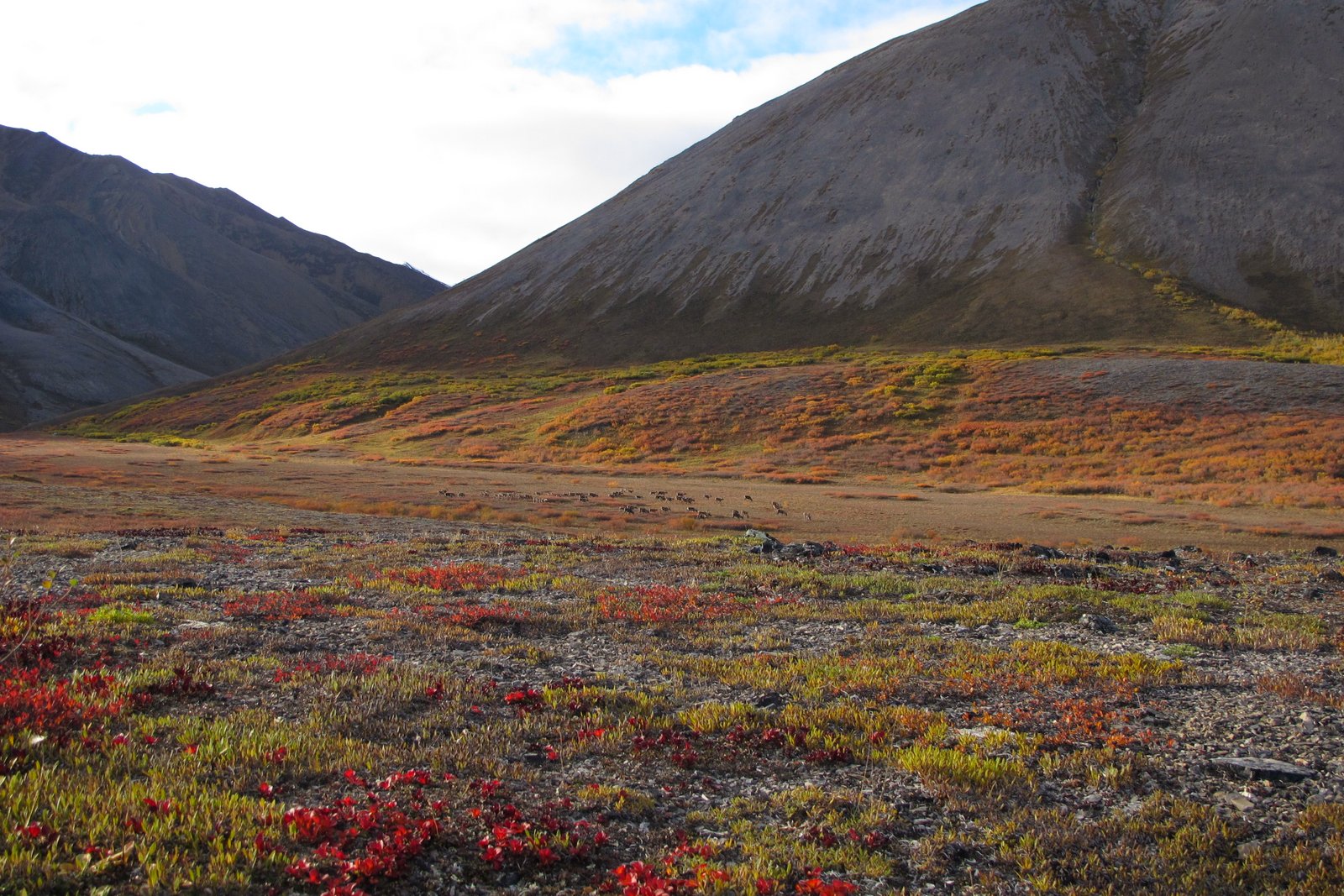Tribal governments sue to overturn approval of mining road proposed for Arctic Alaska
The Tanana Chiefs Conference and several Athabascan and Iñupiat villages said environmental reviews of the road were "rushed, flawed, premature, and inadequate."

Several Alaska tribal governments have sued the Trump administration over its approval of a proposed 211-mile industrial road that would cut through the Brooks Range foothills to a mineral-rich but remote area of northwestern Arctic Alaska.
The lawsuit, filed Wednesday in U.S. District Court in Anchorage, targets the Ambler Road Project, which secured federal approval on July 23. It asks the court to invalidate that record of decision and the environmental impact statement that led to it.
The plaintiffs are the Tanana Chiefs Conference, a consortium of 42 Athabascan tribal governments and organizations, plus the tribal governments in six individual Athabascan and Iñupiat villages: Alatna, Allakaket, Evansville, Huslia, Tanana and Kobuk.
The lawsuit, which follows other complaints filed by environmental groups in August, was necessary to protect tribal members, Tanana Chiefs Conference said in a statement.
“The lawsuit is the unfortunate result of rushed, flawed, premature, and inadequate reviews relating to the adverse impacts of the Ambler Road Project and associated mining activity and secondary access roads on fish, wildlife, habitat, subsistence, historic properties, water resources, and public lands,” the statement said.
[Environmental groups sue to overturn the approval of a controversial Arctic Alaska mining road]
The Ambler road would give access to the Ambler Mining District, where companies are seeking to develop copper-rich deposits into mines. The main operator in the region and potential beneficiary of the road is Vancouver-based Trilogy Metals Inc.
The tribal lawsuit alleges violations of several laws protecting the environment and Alaska Native rights. It argues that one of the major flaws of the environmental impact statement was the failure to assess the road as part of a larger industrial development.
“Mining operations are anticipated to sprawl out in every direction from the road corridor passing directly through and between several National Parks, National Wildlife Refuges, and other conservation system units, thus piercing the heart of one of the most spectacular and sensitive regions of Interior Alaska,” the lawsuit says. “The Project and associated mining and secondary roads would have severe consequences for highly productive fish and wildlife habitat, cherished public lands, and Alaska Native subsistence communities that have depended on the region’s wild abundance for thousands of years.”
In a statement, the Bureau of Land Management defended its analysis and decision in favor of the road project, and expressed confidence the courts would uphold the agency’s decision.
“We stand by the environmental review underlying our decision that provides access to the world class and strategically important Ambler Mining District in Northwest Alaska. We are committed to fulfilling the requirements as set forth in the Alaska National Interest Lands Conservation Act,” the statement said.
“During the course of this analysis, the BLM held over 35 public meetings in affected communities along the route throughout this three-year process.”
The road project is sponsored by an Alaska state agency, the Alaska Industrial Development and Export Authority. AIDEA has estimated that its Ambler Mining District Industrial Access Project would cost $350 million. Project critics say the true cost would be close to $1 billion.